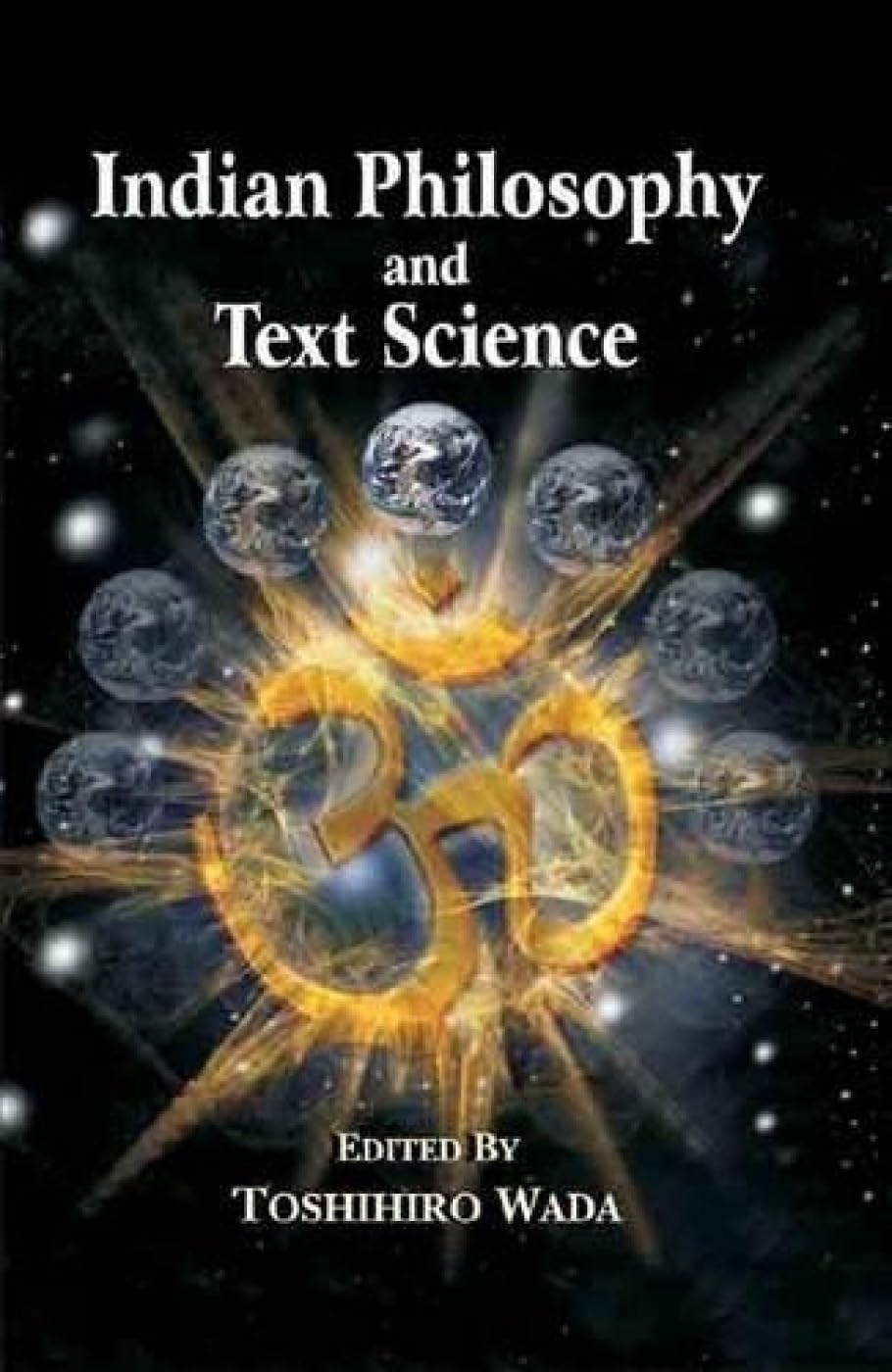Indian Philosophy and Text Science
Indian Philosophy and Text Science is backordered and will ship as soon as it is back in stock.
Couldn't load pickup availability
Genuine Products Guarantee
Genuine Products Guarantee
We guarantee 100% genuine products, and if proven otherwise, we will compensate you with 10 times the product's cost.
Delivery and Shipping
Delivery and Shipping
Products are generally ready for dispatch within 1 day and typically reach you in 3 to 5 days.
Author: Toshihiro Wada
Brand: Exotic India
Binding: hardcover
Number Of Pages: 206
Release Date: 01-12-2010
Part Number: unknown
Details: The present book aims at clarifying various aspects of Indian philosophy by applying concepts used in text science towards their analysis. Text science attempts to establish universal rules which apply to all forms of human expression. If we regard all human expression, 'including behavior', as communication, it contains a meaning system whether it has the form of language or not. Human expression may be classified as language, figure, body action and so forth we consider all these forms of expression to be texts, for which there must apply universal rules. The aim of text science is to explain how these rules function throughout various types of texts and thus provide a better understanding of human behavior. Here the direction of analysis is from context to text. It is also possible to move from text. It is also possible to move from text to context. We can arrive at a new context from texts such as commentaries, which context cannot be discovered through reading only one of those texts. Such a context will certainly help us coherently interpret other texts related to the texts. The concept of context and these two directions of analysis may not be necessarily new tools to scholars of Indian studies, who often adopt this method unconsciously. However, we aim to to use this method consciously here. It is an underlying principle of this book that in order to understand texts, written in Sanskrit or other languages, we need to turn our attention towards factors outside of them, such as information provided by other areas of study, which factors we call context. All the contributors of this book have made particular use of this concept in their analysis. Nine papers have been organized into four parts: General, Buddhism, Vedanta, Mimamsa and Vyakarana, Nyaya and Vaisesika.
EAN: 9788120834057
Package Dimensions: 8.5 x 5.6 x 0.8 inches
Languages: english





